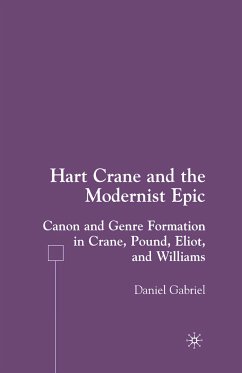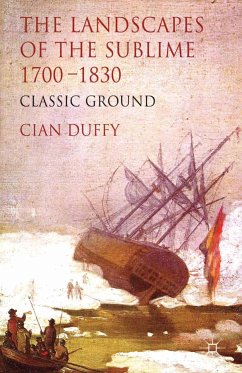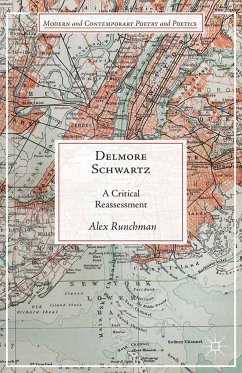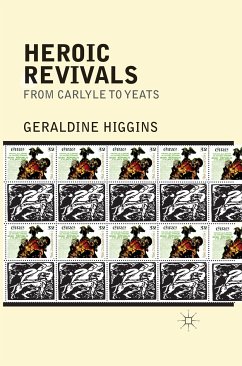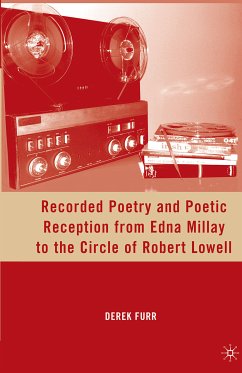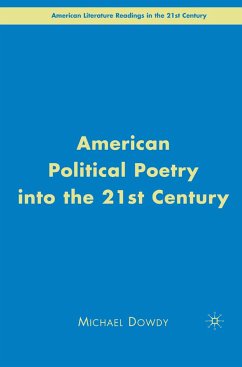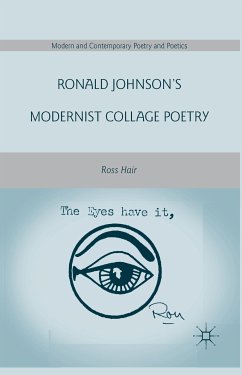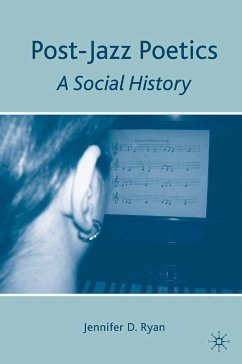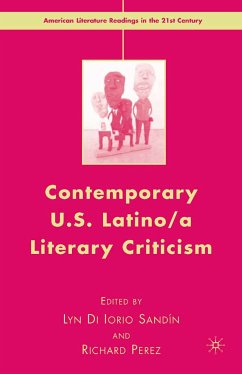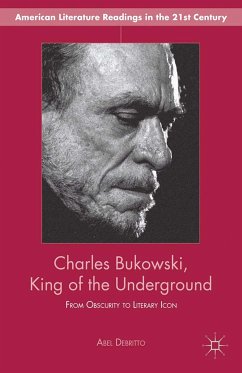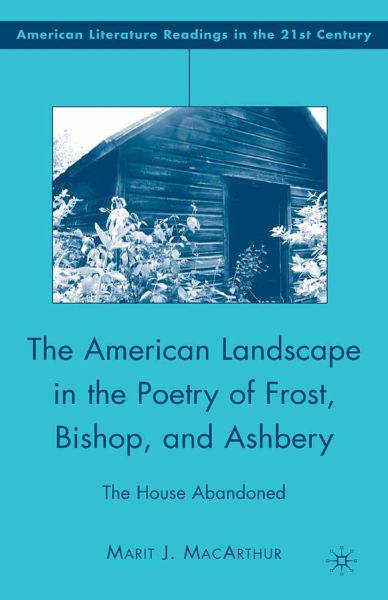
The American Landscape in the Poetry of Frost, Bishop, and Ashbery (eBook, PDF)
The House Abandoned
Versandkostenfrei!
Sofort per Download lieferbar
40,95 €
inkl. MwSt.
Weitere Ausgaben:

PAYBACK Punkte
20 °P sammeln!
Robert Frost, Elizabeth Bishop, and John Ashbery stand out among major American poets - all three shaped the direction and pushed the boundaries of contemporary poetry on an international scale. Drawing on biography, cultural history, and original archival research, MacArthur shows us that these distinctive poets share one surprisingly central trope in their oeuvres: the Romantic scene of the abandoned house. This book scrutinizes the popular notion of Frost as a deeply rooted New Englander, demonstrates that Frost had an underestimated influence on Bishop - whose preoccupation with houses and...
Robert Frost, Elizabeth Bishop, and John Ashbery stand out among major American poets - all three shaped the direction and pushed the boundaries of contemporary poetry on an international scale. Drawing on biography, cultural history, and original archival research, MacArthur shows us that these distinctive poets share one surprisingly central trope in their oeuvres: the Romantic scene of the abandoned house. This book scrutinizes the popular notion of Frost as a deeply rooted New Englander, demonstrates that Frost had an underestimated influence on Bishop - whose preoccupation with houses and dwelling is the obverse of her obsession with travel - and questions dominant, anti-biographical readings of Ashbery as an urban-identified poet. As she reads poems that evoke particular landscapes and houses lost and abandoned by these poets, MacArthur also sketches relevant cultural trends, including patterns of rural de-settlement, the transformation of rural economies from agriculture to tourism, and modern American s increasing mobility and rootlessness.
Dieser Download kann aus rechtlichen Gründen nur mit Rechnungsadresse in A, B, BG, CY, CZ, D, DK, EW, E, FIN, F, GR, HR, H, IRL, I, LT, L, LR, M, NL, PL, P, R, S, SLO, SK ausgeliefert werden.



